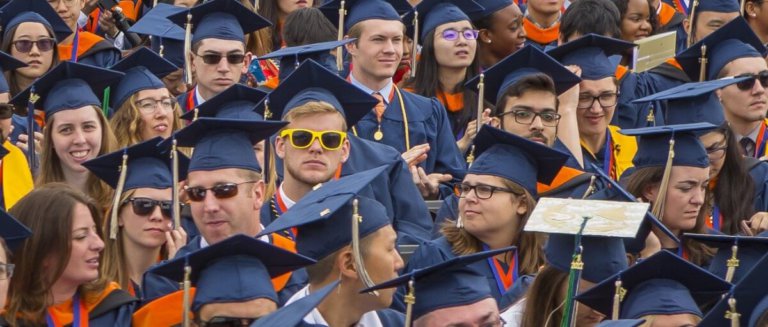
More than four in ten trustees are very concerned about the future of the US higher education sector, an increase of 14 percent from 2018, a new poll has found.
The Trustee Index, commissioned by the Association of Governing Boards of Universities and College (AGB), also found a majority are worried about the future financial sustainability of their own institutions or systems (38 percent) and the price of higher education for students (25 percent).
“It requires a considerable investment of time to stay abreast of change and challenges in the business model and changes in student needs and expectations,” said Merrill Schwartz, AGB senior vice president to Inside Higher Ed.
“I’ve been working at AGB for over 20 years, and I’ve seen a real change over this period of time from trusteeship being an honorific position for many to a serious commitment and calling.”
Great overview of @AGBInsights’ 2020 Trustee Index from @insidehighered’s @RSeltzer.
Trustees growing increasingly worried about the future of higher education in the U.S., polling shows https://t.co/oy4KGdfBzD
— Erin A. Hennessy (@ErinAHennessy) January 29, 2020
When asked whether US college graduates have “the skills they need to be competitive in the global economy,” a smaller percentage (35 percentage) of trustees agreed, a decline of 10 points since 2017.
For the statement “colleges and universities in the US have a strong understanding of what employers look for in job candidates,” only 26 percent agreed.
“They are mostly very successful businesspersons themselves, and have, I think, a realistic perspective of what’s needed,” Schwartz said. Trustees are also concerned about the speed at which higher education is adapting to changing workforce demands, she added.
Henry Stoever, AGB president and CEO alluded to other factors may also be contributing to heightened fears about the future.
“With increased exposure of the sector to partisanship and general polarisation, numerous abrupt institutional closures and mergers, fresh proliferation of student activism, and a precipitous decline in traditional-age students looming on the horizon, the degree of board member concern is little wonder,” he wrote in a letter at the beginning of the report.
“What they are doing – or not doing – about it is more insightful. Fully 25 percent or more of trustees assert their board spends too little time on 10 of a possible 14 higher education challenges.”
Those challenges were technology, board development and succession planning, marketing, employer relations, strategic planning, new academic programs, educational quality, public policy, fundraising, and development or succession planning for presidents.
To overcome these challenges, Stoever suggested trustees invest more time and energy in trusteeship. Currently, higher education governing board members spend an average of 100 hours annually on trusteeship, less than half of the 245 hours spent on corporate boards.
The Trustee Index is based on the results of 919 AGB members who completed the 10-minute survey sent to 10,000 AGB members, representative of AGB’s membership.
Liked this? Then you’ll love…
What universities should prioritise in 2020 to attract more students







